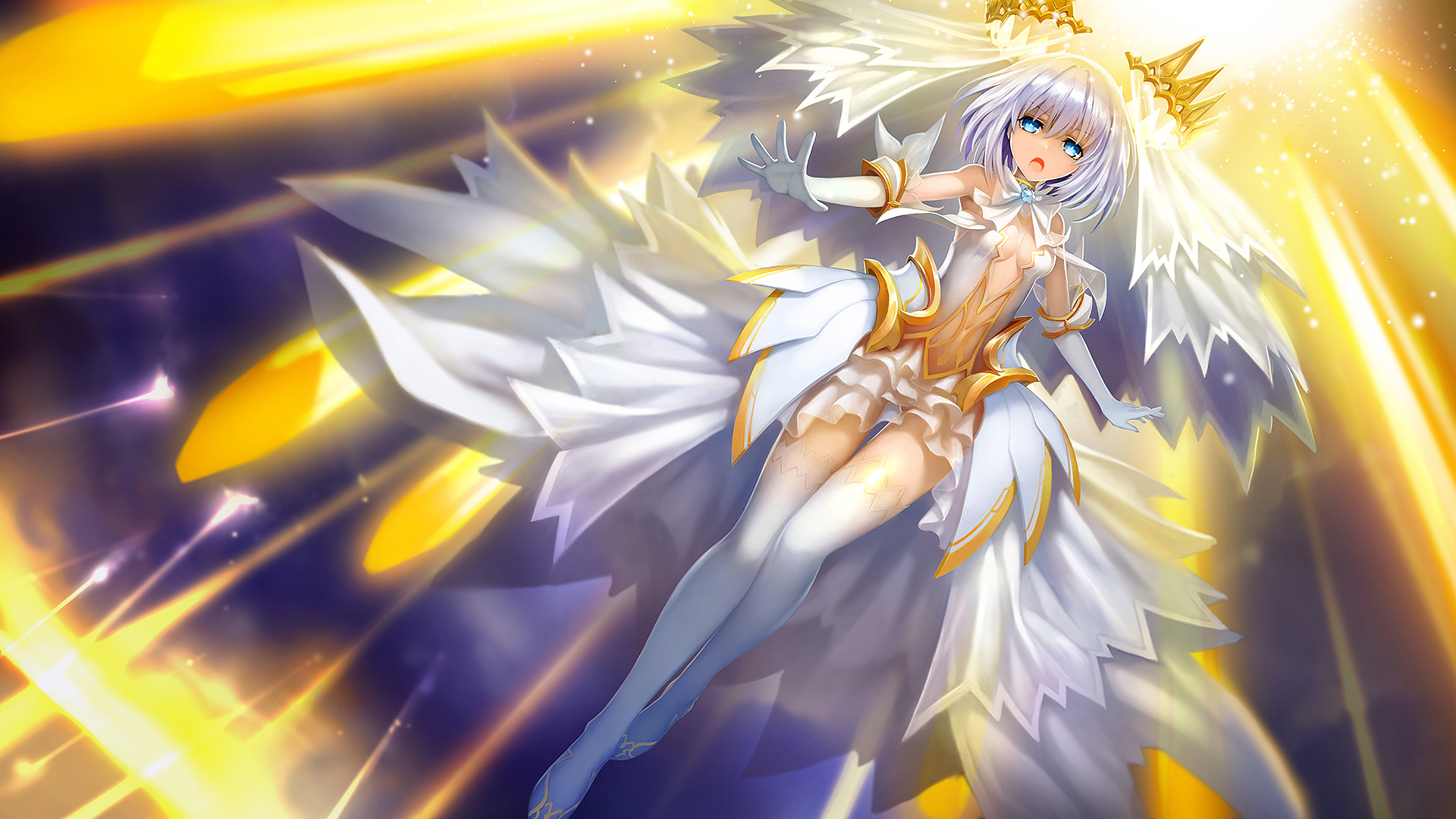
买单
1.惯用口语句子:
Could I have the check, please?
=Can I have the bill, please?
=Would you please bring me the check?
请给我账单,好吗?
check n. (餐厅的)账单,发票
Bill, please.
=Check. please.
请结账。
It's on me.
=Let me get it.
=Let me take care of it.
=Let me have the check/bill.
我来付钱。
This is my round.
轮到我来付钱了。
I'II pay for drinks.
我来付酒水的钱。
Be my guest.
=This is my treat.
=I'll treat you.
我请客。
Separate bills, please.
=We want separate bills.
请把账单分开。
We'd like to pay separately.
我们想分开付账。
How about going Dutch?
我们各付各的怎么样?
Let's go fifty-fifty.
咱们平分吧。
go Dutch“各自付账”
How much shall I pay?
=What's the bill?
我该付多少钱?
Please bill me later.
请过会儿开账单给我。
“bill”除了作名词“账单”之外,还可以作动词,意为“给…开账单”。
I'm afraid there is a mistake on the bill.
恐怕账单上有个错误。
mistake n. 错误,过失
I don't think the bill is correct.
我觉得这个账单不对。
correct a. 对的,正确的
May I have a receipt, please?
能开一张收据吗?
I'd like to have the invoice.
我想要发票。
receipt n. 收条,收据
invoice n. 发票
2.实用对话
Paying the Check买单
Brad: Let me take care of the check today.
布拉德:今天我来买单。
Lucy: Why? It's unfair. How about going Dutch?
露西:为什么?这样不公平。我们各付各的怎么样?
Brad: You paid last time because I didn't have any money, remember?
布拉德:上次我没有钱,就是你付的,还记得吗?
Lucy: Oh, come on. I almost forgot. Don't worry about it. I didn't mind picking up the tab last time.
露西:哦,算了吧。我几乎都忘了。别在意。我不介意上次买单的。
Brad: But you really should let me treat one time. I'd feel like I owe you one if I didn't.
布拉德!不过你确实应该让我请一次客了。不然我会觉得欠你一个人情的。
Lucy: OK. But it's only for this time.
露西:好吧。仅此一次啊。
Brad: What's the damage?
布垃德!总共是多少钱呢?
Lucy: It's 12 dollars and 80 cents altogether. But don't forget the tip. It's usually 15%.
露西:总共是12美元80美分。但别忘了还有小费,通常是总消费的15%。
Brad: (to the waiter) Check. please.
布拉德:(对服务页说)请结账。
3.详细解说
1.“take care of”在这里表示“支付,给…付款”,为比较委婉的说法。例如:We'll take care of the fees.(我们来付费。)另外,此
短语还可以表示“处理,照顾”,例如:Her secretary always took care of the details.(一直是她的秘书处理细节的事情。) Don't
worry about your mother.I'll take care of her.(别担心你的妈妈,我会照顾她的。)
2.“pick up the tab”意思是“支付账款,支付费用”,尤指某人没有义务去支付的情况。“the tab”意为“账单”,例如:Taxpayers
will pick up the tab for the stadium.(纳税人将要为修建体育馆付账。)“tab”可以解释为:an amount of money that you owe, or a
record of an amount of money that you owe.意为“账款,账单,账”,例如:The tab for the campaign was nearly $500 million.(活动费用接近五亿美元。)I'll put it on your tab and you can pay tomorrow.(我将记在你的账上,你可以明天支付。)
3.“What's the damage?“在这里的意思是“多少钱?”这是口语中询问“该付多少钱”时的幽默问法,因为“damage”原意为“损失”。
4.文化洗礼
荷兰人请客却让“客人掏钱”
17世纪,欧洲小国荷兰(the Netherlands或Holland)因商业和领海利益纠纷,与英国连续进行了三次战争,史称“英荷战争”,战争最后以英国取胜而告终。一些傲慢的英国人由此洋洋得意,便挖空心思地,嘲笑、挖苦荷兰人( Dutch).杜撰很多五花八门的词语用来污蔑、辱骂他们。这些词语当时十分盛行,有些已流传至今。
1.beat the Dutch了不起,令人吃惊,惊人之举。为什么殴打荷兰人成了“惊人之举”呢?原因是那时的英国人认为荷兰人无赖野蛮,没人敢触犯他。所以如果有人敢打荷兰人,那就是了不起的事。
2.a Dutch party各人自带食品的聚会。
3.Dutch lunch客人自己付钱的午餐会。
4.go Dutch各付各的帐,费用平摊。
5.His Dutch is up.他发火了。
7.Dutch uncle严厉的批评者,爱训斥人的人。
8.talk to someone like a Dutch uncle严厉训斥某人。
9.Dutch concert吵吵闹闹、乌烟瘴气。
10.Dutch courage酒后之勇,蛮干,虚勇。
11.Dutch act自杀。
12.The Dutch have taken Holland.步见多怪,不足为奇。此语用来讽刺把人人皆知的事当作新闻竞相传告的做法。
13.talk Dutch乱说,胡言乱语,乱讲些听不懂的话。那时的英国人认为荷兰语与英语相比相差甚远,荷兰语落后、粗俗。



